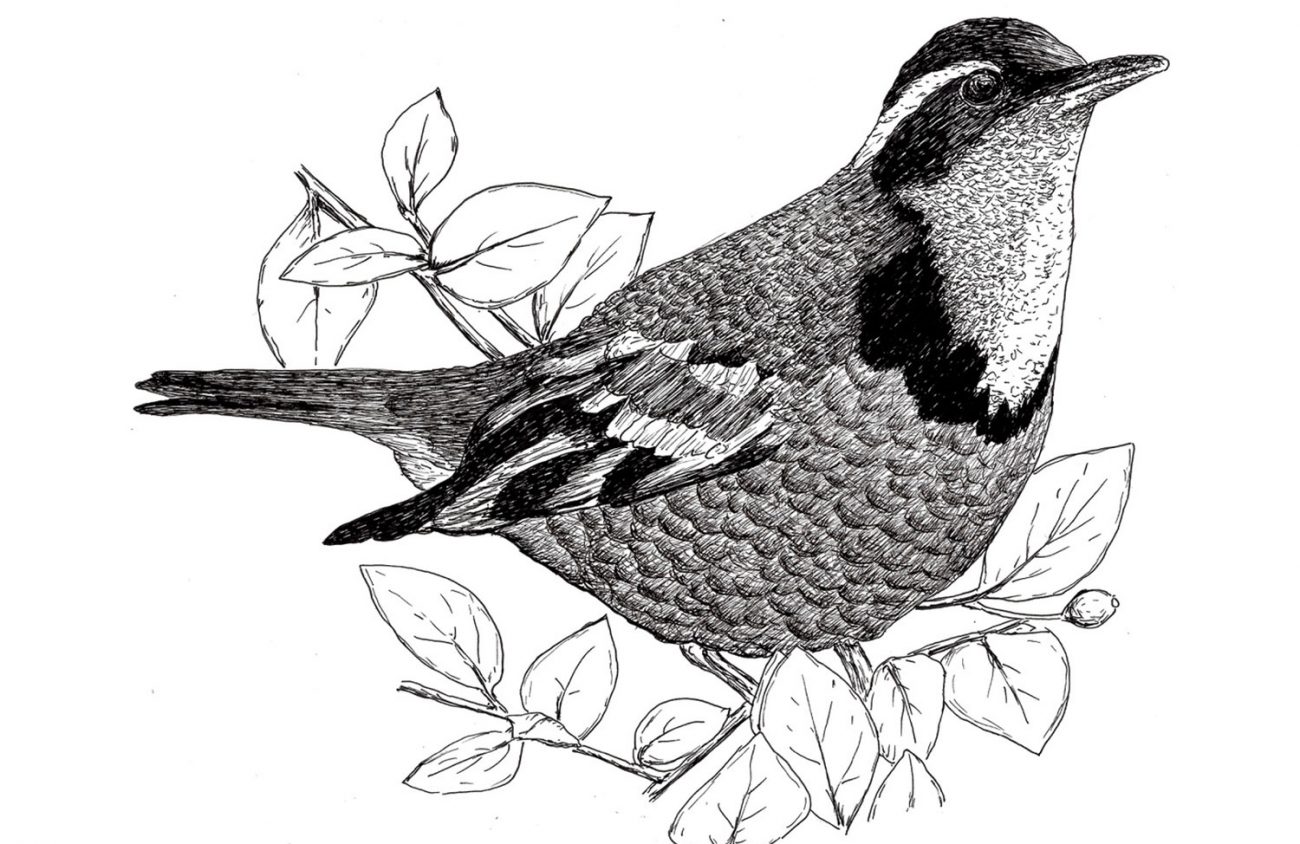There is something about winter Solstice; the turn of the year that affects our outlook on the future. Winter solstice is deeply embedded in spiritual traditions of human culture since time immemorial. These spiritual traditions revolve around awakening and renewal. Whether Christmas, Hannukah, Kwanzaa or Dongzhi, winter Solstice celebrations express a deep appreciation that the sun is the fundamental source of energy for the world we live in. There are mirror winter solstice celebrations in the southern hemisphere. Matakiri of the Maori and Inti Raymi of the Inca occur in our calendar’s June, similarly marking a new beginning or new cycle coming out of darkness.
Urban culture diminishes our understanding of the basic forces of our planetary environment with artificial lights and temperature controlled buildings. It obscures a direct connection to the sun. The consequences of this disconnect are attacks on our very basis of existence, notably to the point of denying climate change.
Now, as much as ever, it is important for nature lovers (including nature worshippers) to promote knowledge of the natural world. Knowledge will inspire love of nature and love will inspire positive action. Naturalists, the shamans of an older generation of scientists, have an urgent calling to teach their children, friends and neighbors. It is both a rewarding and sacred duty, following 18th century poet William Wordsworth, “Knowing that nature never did betray the heart that loved her.”
Walk in forests, learn birds, take pictures of flowers and mountains, write letters supporting conservation of natural areas.
David Wagner is a botanist who has worked in Eugene for 40 years. He teaches moss classes, leads nature walks and has published his 2020 Oregon Nature Calendar. It is available at Down to Earth in Eugene or by contacting him directly at fernzenmosses@me.com.
